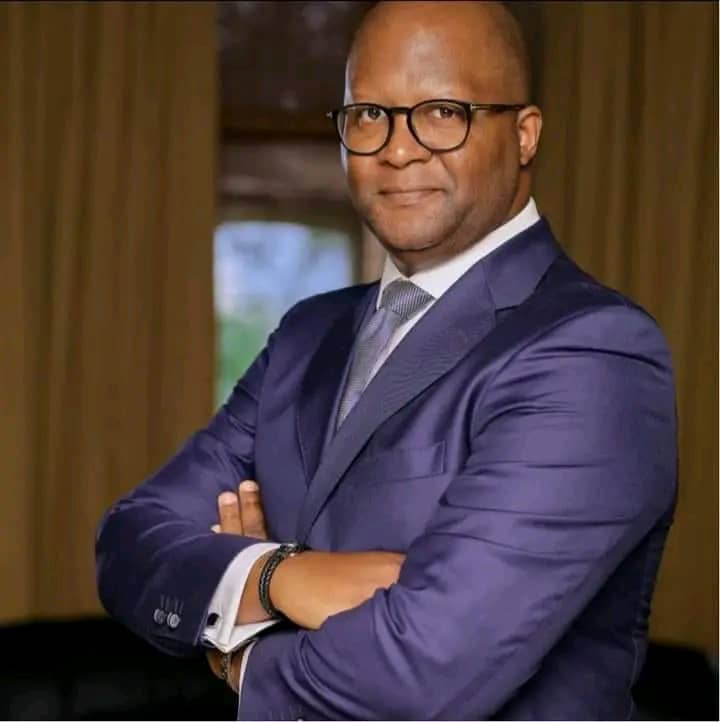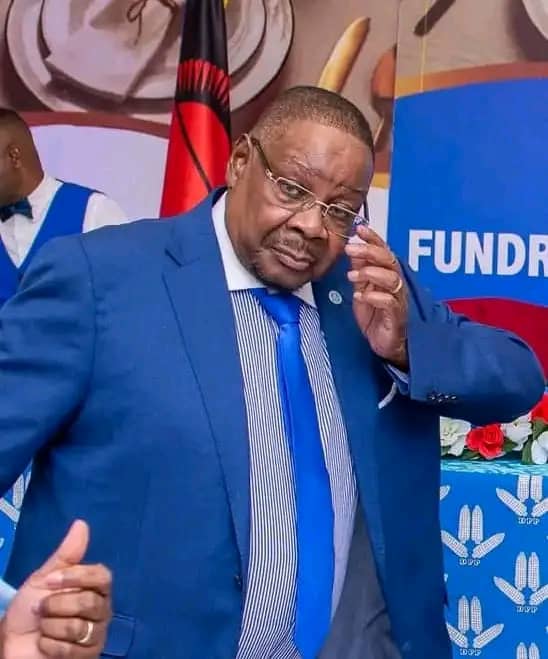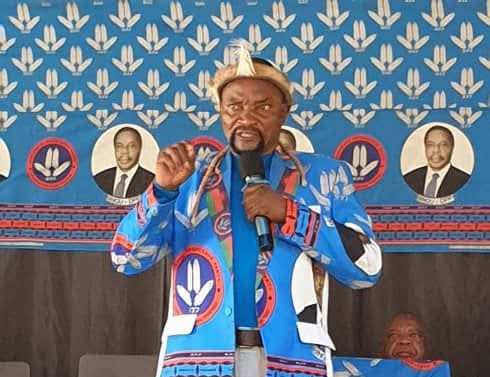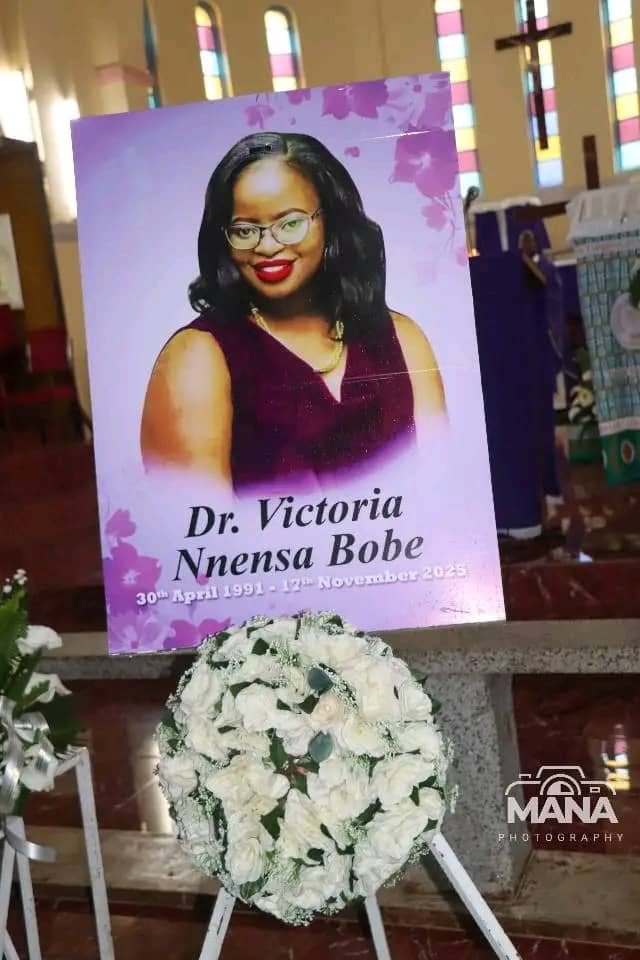- Presidential Bid and Vision: Atupele Muluzi confirmed his intention to be on the ballot in 2025, emphasizing that Malawians will vote for him to lead the country as President.
- Priority areas for development: Key focus areas include food security, energy, export promotion, education reform, tourism revitalization, and healthcare, with a strong emphasis on ensuring Malawi becomes food secure.
- Economic independence: Muluzi emphasized that Malawi has enough resources to generate wealth, advocating for innovative thinking and establishing a Sovereign Wealth Fund to reduce reliance on foreign aid.
- Reforming governance: He proposed a new leadership style where the President is seen as a servant, not a boss, encouraging citizens to address him as “Mr. President” instead of “His Excellency.”
- Political strategy and alliances: The UDF is not considering alliances at the moment, intending to independently contest and serve Malawians. Muluzi reflected on past alliances as limiting voter choice.
- Thangata System and farmer empowerment: Criticized the exploitative system where poor farmers are disadvantaged, he promised to end this cycle and introduce policies to protect and empower smallholder farmers.
- Elections and democratic processes: He dismissed criticism of his uncontested candidacy within the UDF, comparing it to global examples like Donald Trump’s nomination in the Republican Party, asserting it reflects the will of the people.
- Changing voter mentality: Muluzi encouraged Malawians to vote based on hope and a vision for better governance rather than anger or frustration.
- Learning from the past: He acknowledged the lessons from UDF’s loss in 2020 and his own temporary resignation, stating that he used the time to travel, learn, and return with renewed insights to serve Malawi.
- Generational leadership: While recognizing his family’s political legacy, Muluzi emphasized his independence and the importance of learning from past leaders while addressing contemporary challenges.
ten key points UDF leader Atupele Muluzi made in his interview with ZBS on thursday, 29th November, 2024




